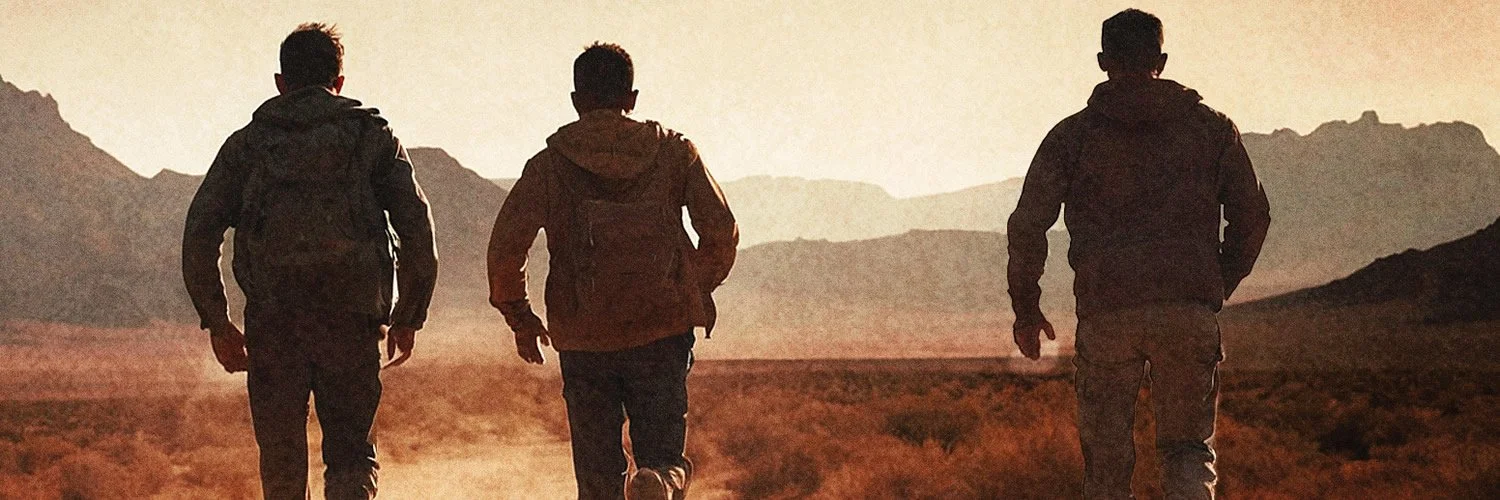Each of us views the world through colored lenses. The color depends on our experiences, education, and belief system. This challenges a writer who would like to reach out to all. It is also a cause of conflict and disagreement in both social and public media.
There was a time when, as citizens of the country, by and large all of us shared most values. Until the mid-1800s, the majority believed it was wrong for people to own other people, commanding their work, livelihood, even their lives. But it was legal on a national basis even as some states abolished slavery. National law treated slaves as property and required even those who opposed the practice to return escaped slaves to slave hunters, even in abolitionist states. (Not all abolitionists followed the law; some chose to help escaped slaves, but most chose to follow the law until it could be repealed.)
With the expansion of new states into the West, an agreement was reached to eventually do away with slavery, starting with making it illegal to import new slaves. As the country approached the time when slavery would be illegal nationwide, it dawned on slaveholders that in a blink of an eye, most of their wealth invested in slaves would disappear. The slaveholding states began to drag their feet and oppose the upcoming legal change. A half-million Americans died in the conflict that followed.
Many constitutional scholars agree that all states were obligated to follow the law abolishing slavery, and that under the Constitution, the states that rebelled were legally entitled to leave the union—but not entitled to declare war on the north. It is questionable whether Lincoln had the authority to use force to keep the union together, but he did. Most, even in the South, now agree he made the right decision. The South attacking Fort Sumter justified Lincoln's action.
Which gets me to today. As I watch what is going on in Minneapolis, I see parallels to prior conflicts. Federal law makes it illegal to enter the United States outside of the formal immigration process. Those who are here who ignored that process are not here legally. Federal law also gives the federal government the authority to enforce immigration laws. Many do not agree with those laws, but as of today they have not been able, as the abolitionists were in the early 1800s, to change the law. The difference today is that many who disagree with current law, including state officials, are not willing to accept the law of the land. They feel not only the right to protest actions of the Federal Government, but to disrupt them.
Which gets to my obligation. I write thrillers, with one series that follows an American family throughout our history. Every book is deeply researched. They look at similar conflicts to today and examine how citizens then dealt with them. Most of the time, they followed the law or worked to change it, but some took the law into their own hands, often at great personal cost. As a writer of America’s stories, my obligation is to show history repeating itself and at what cost.











